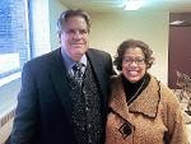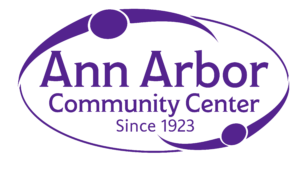A Brief History
The Early Years
In 1923 Rev. R. M. Gilbert, a young minister at Second Baptist Church of Ann Arbor, established the Dunbar Center. He asked the community for help rejuvenating an old building (209–211 N. Fourth Ave.) to accommodate African American men who came to Ann Arbor to work on roads and university buildings, but had no place to stay.
In 1926 the Center moved to 1009 E. Catherine, where it remained until 1937 under the leadership of Savonia L. Carson. Douglas Williams assumed charge in 1937 and arranged for the purchase of a building at 420 N. Fourth Ave. Membership more than tripled under his direction and incorporation of the Dunbar Center came in 1944.
During the 1940s and the 1950s, the Center continued to promote civic, cultural, and recreational interests and activities for the Black community. In the late ’50s the Center recognized that the changing times meant changes needed to be made to the core mission and services provided. This led to construction of the facility at 625 N. Main, with the support of Margaret Towsley and her brother Alden Dow.
Walter Hill assumed leadership in 1960 and immediately answered the concerns and needs of our community. He established a licensed daycare facility, a drop-in teen center, and a study hall, using university students as tutors. Many activities took place at the Center, and much time was spent reaching out to youth in academic and legal trouble. The former YMCA camp was purchased (renamed Camp Hill) in 1972. Hill retired from the Center in 1991.
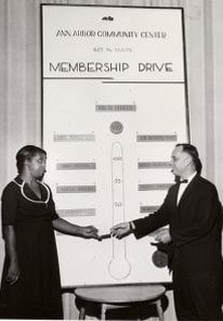
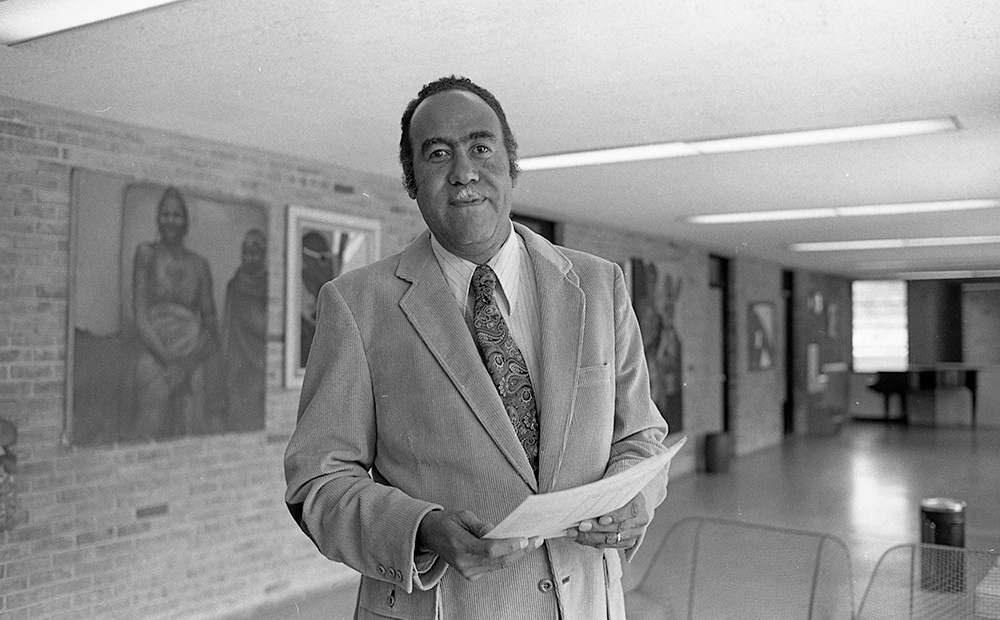
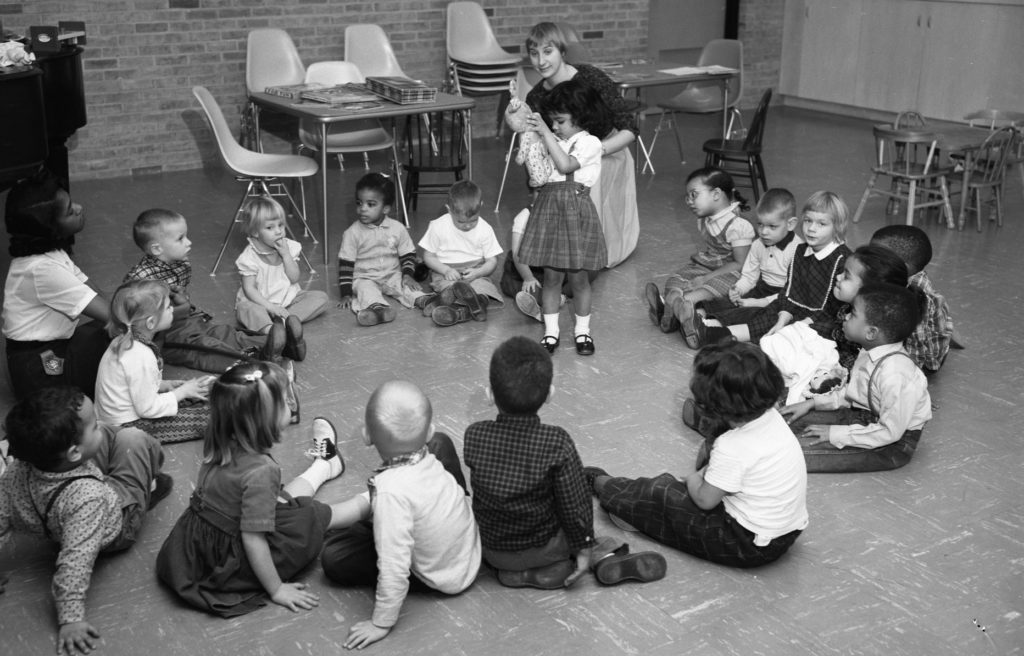
Recent Years
Ann Hampton Hawkins was hired as executive director and served until June 2006. Amidst financial and administrative challenges, the AACC appointed Rev. Yolanda Whiten to the executive director position in May 2007. In 2011, she became the president/CEO.
Under the leadership of Reverend Whiten, the Youth Summer Day Camp, Senior Support Services, and Emergency Assistance programs were able to continue. Reverend Whiten was instrumental in acquiring a bus from the Ann Arbor Transportation Authority.
Through the years, the AACC has appreciated the support from the city of Ann Arbor, Washtenaw United Way, Washtenaw County, other area organizations, and thousands of individuals and families.
